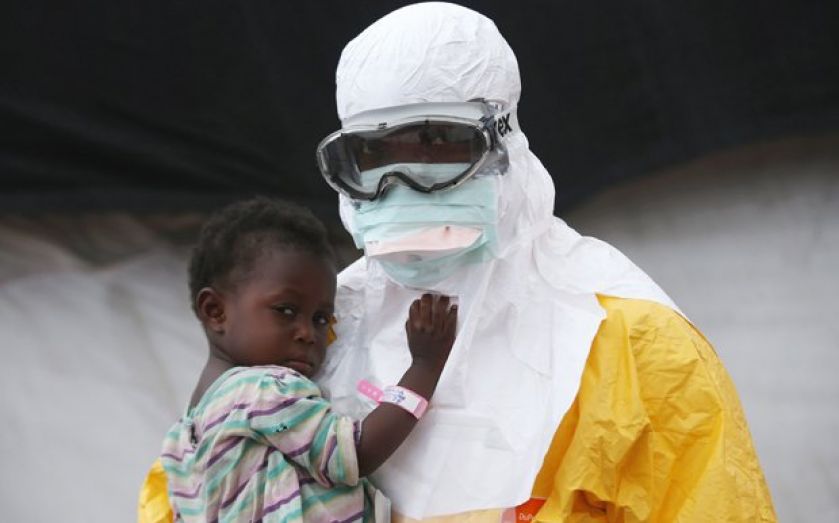After a nurse contracted the Ebola virus in Spain, should we fear a global catastrophe?

Dr Ian Kearns, co-founder and director of the European Leadership Network, says Yes.
The US Centre for Disease Control and Prevention has warned that, without additional intervention, Ebola could infect up to 1.4m people in Liberia and Sierra Leone by January.
It won’t stop there.
With increased travel and immigration, the disease will go global. Cases in the US and Spain are the first indications of this.
The New England Journal of Medicine also warns that, if unchecked, the disease could mutate to the point where it is much more easily transmissible.
London, as a global hub, will not be immune.
And the security threat goes further than the disease itself. It’ll cause economic collapse and political upheaval in West Africa.
Some countries may become failed states, leaving parts of their ungoverned territories open to exploitation by terrorist groups and transnational criminal gangs.
If the world doesn’t act, it will be all of us who ultimately pay the price.
Rob Lyons, a columnist for spiked who is speaking at the Battle of Ideas festival at the Barbican on 18 & 19 October, says No.
In the past few years, we’ve had numerous panics around worrying diseases, including Sars and swine flu.
Each time, we’ve been told that enormous numbers of people will die, only for the final figures to fall far short of our fears.
The same will be true of Ebola.
In societies with underdeveloped healthcare, as is sadly the case in West Africa, Ebola is terrible – though many other diseases cause far more damage, including malaria and TB.
In the developed world, seasonal influenza is a much greater threat than Ebola – a virus which is not all that infectious relatively.
We should focus efforts on tackling Ebola in Africa.
Panics about new diseases reflect a lack of faith in society’s ability to cope with new challenges.
Instead of fretting about nightmare epidemics, we should be grateful for the healthcare developments that have made plagues a thing of the past.